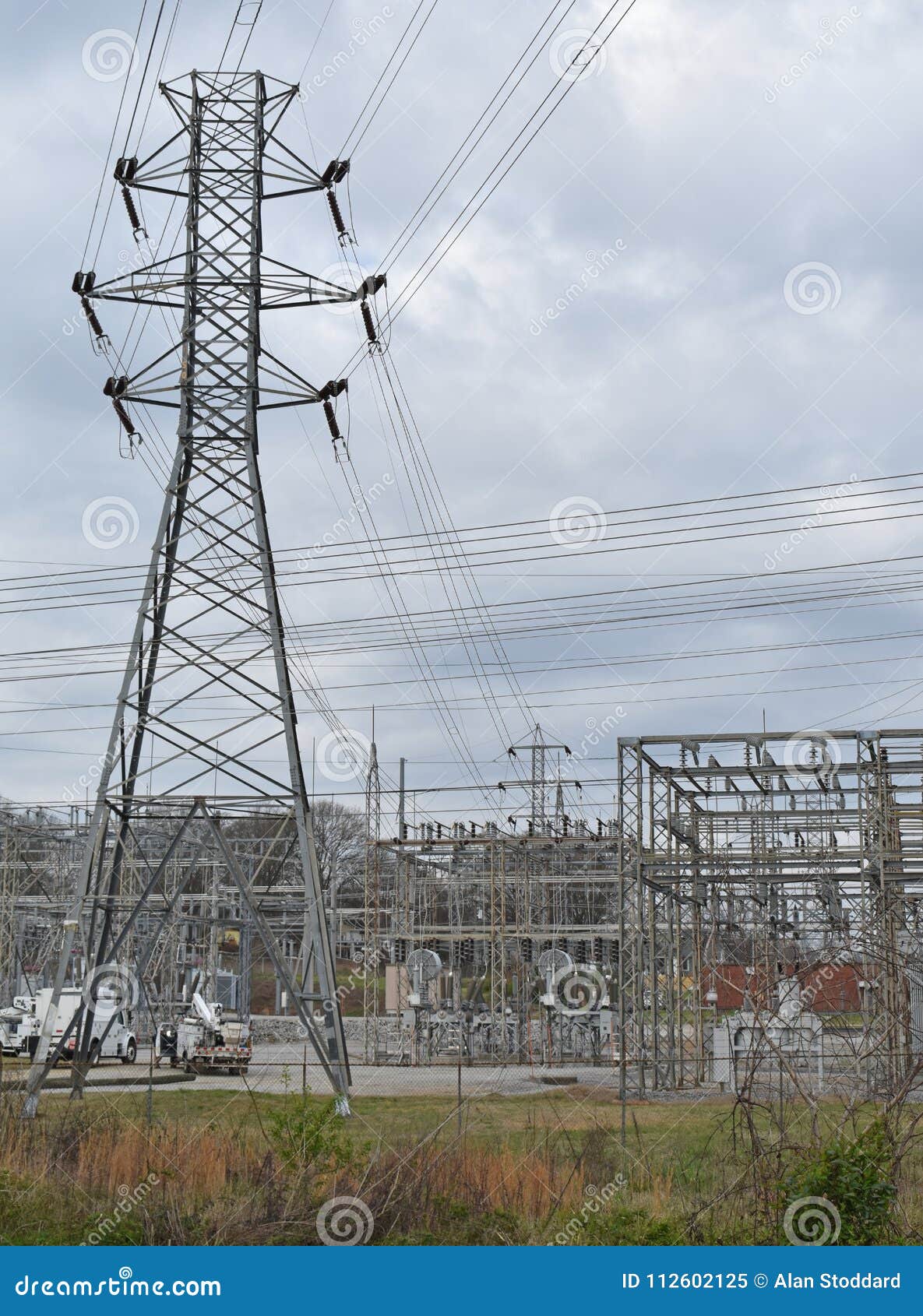
Please log on to My Transpower access this file.Single Line Diagram of the South Island Power system showing transmission lines, buses and interconnecting transformers.Map of New Zealand showing substations and transmission lines.This diagram shows how the System Operator manages frequency.

Here are a few tips to stay safe at home: Electric system activity is continuously monitored for stability and service level. We use state of the art communications methods to access our equipment at the electric substations in order to insure service is adequate at all times. A network based Geographical Information System is updated with system additions and upgrades to assist with outage management. Please report any electrical safety hazards, outages, or emergencies to our dispatch center.
Water and electricity do not mix. Keep electrical appliances away from water. They monitor electric current and trip the circuit, cutting off electricity if there is a loss of current. Install Ground Fault Circuit Interrupters (GFCIs) safety outlets in bathrooms and kitchens. Throw away old or frayed extension cords. Cover outlets to keep children away.
Pull the plug not the cord when unplugging appliances. Turn off appliances before unplugging them. Improper wattage bulbs can cause an electrical fire.
This brochure provides safety tips for enjoying ponds, lakes and bigger bodies of water.Serious outdoor accidents involving electricity occur around the house, on work sites and farms. Here is your Guide to Electrical Water Safety. Check out this Safety Brochure for great tips for your home and family! Never tamper with your electrical meter. Use the appropriate fire extinguisher.
Mississippi state law provides a 10-foot right of way along either side of a power line. To prevent accidental contact with lines, know the height of all your farm equipment and the height of the power lines. Taking a moment to plan before beginning work could save a life. Make sure everyone understands that any contact with these lines carries the potential for a serious, even fatal, accident. First, make sure you, your family or your employees know the location of overhead power lines, and map out ways to avoid them when moving equipment.

Contact with power lines is life threatening.Is it dead or alive? That power line you see lying on the ground can be either you can’t tell by looking.Severe storms, automobile accidents, fire and other circumstances can cause power lines to fall to the ground. Caution should be taken when installing antennas, satellites or while performing other general maintenance on a roof. Damaging guy wires can weaken the poles, and even, cause them to topple, bringing live power lines down onto the ground and creating an extremely hazardous situation.
If a wire falls on your car while you’re in it, stay put. Don’t touch anything that is touching the power line, such as a fence, a car or piece of machinery. Wires that are “dead” can suddenly become energized when crews are working on them. Stay away from power lines and warn others, especially children to stay away too.

Electric Power Substation Locations Portable Generator Outside
Transfer switches should be installed by a qualified electrician in compliance with all local and national codes. Generators must be connected to your home through a transfer switch. Use your portable generator outside to avoid dangerous exhaust fumes.
For personal safety, make sure your generator is grounded so it does not become electrically charged. This could cause an electrical shock to anyone who comes in contact. Do not operate your generator while standing in wet conditions. Read the manufacturer’s instructions thoroughly. Purchase your portable electric generator from an established dealer who can provide service and maintenance if needed. Consult an electrician for assistance if needed.
Have a charged fire extinguisher nearby as a precaution. This could cause overheating and cause a fire. Do not tamper with the engine speed adjustment. Do not attempt to fill the generator’s fuel tank while it is operating as the gasoline may ignite. This may damage your wiring system or back feed electricity, endangering utility workers restoring your line. Do not connect the generator directly to the wiring system in your home or other building through outlets or your meter.


 0 kommentar(er)
0 kommentar(er)
